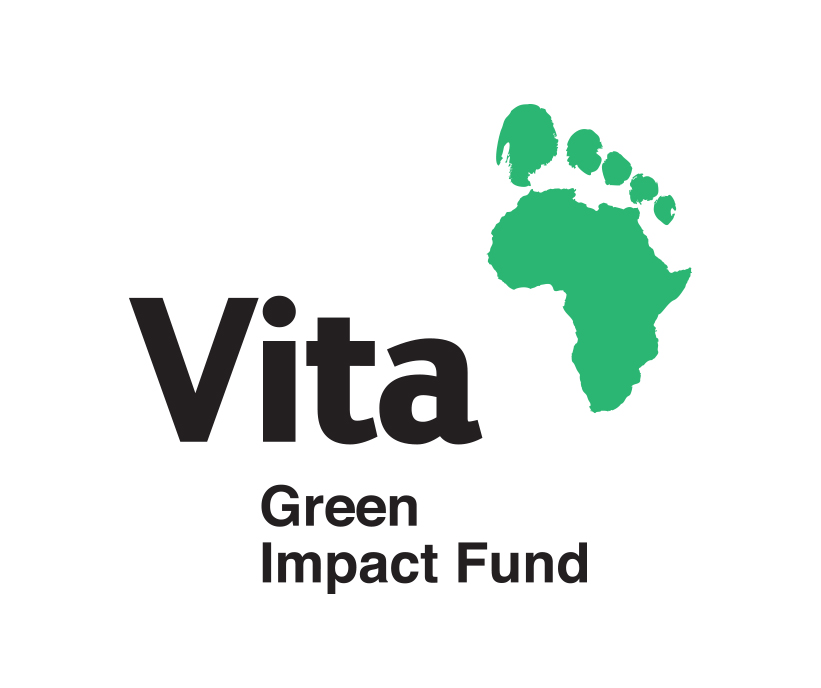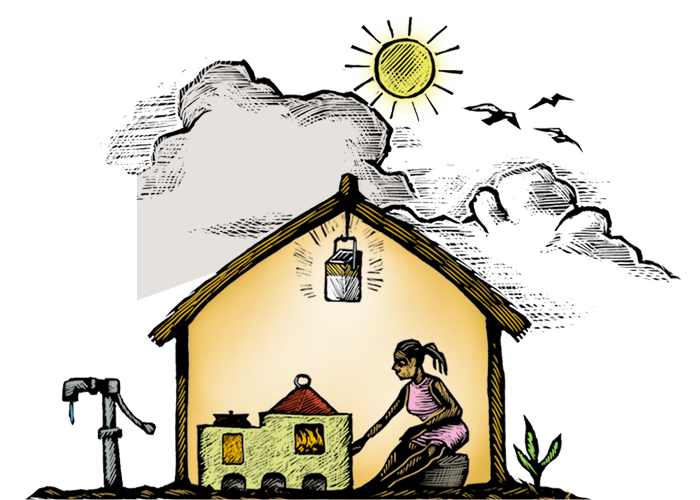
Stoves
TEKEA
Tekea Tsefagherghesh keeps her home spotlessly clean – not an easy task in Eritrea, a hot and dusty sub-Saharan country. Tekea’s village, Adi Tekelezan, is 2,500 metres above sea level and about 40 minutes’ drive north of Eritrea’s capital Asmara. Within the low walls is the mid-sized hut that contains Tekea’s most proud possession; her self-built improved cook stove.
The traditional stove with its open flame and voracious appetite for fuel is very detrimental for the health of families and their living environments. One familiar image of Africa is of women and children carrying heavy bundles of sticks, sometimes for many miles. Tekea was one such woman, gathering sticks three or four times a week and carrying them many miles back to her home, or spending her little amount of cash buying them instead.
Tekea’s new stove is quite substantial, at over two metres in length. It has various doors and openings to regulate the temperature as well as large, round hotplates so that she can cook Injera, the traditional bread eaten all over East Africa. Tekea has decorated her stove with hand painted flowers and leaves. The huge advantage of the stove is that it uses nearly 60% less fuel than the traditional stove and any harmful fumes are funnelled out of the small, enclosed kitchen hut. All of the materials used to build the stove are sourced locally.
In this community-led programme, Vita supplies the moulds and the knowledge, but the women themselves contribute towards the cost, as well as building each stove with the help of the other village women. Involving the whole community ensures that no individual family is left out. Tekea is now a trainer, and works with Vita’s home economists to bring the programme to the wider community. Vita has an integrated approach to enabling farm families achieve sustainable livelihoods, involving not just stoves but clean water pumps, solar lights latrines and trees. This creates ‘green zones’ that not only benefit the families but have a hugely positive impact on the environment.
For Tekea, the drudgery of gathering sticks is dramatically reduced, and this has given her far more time to spend working to better her future and that of her children. Tekea, like more than 40% of women in Eritrea, rears her family of seven children alone. The extra income she can now earn is used to buy milk and help pay for her children’s education.
Click here to see a women making stoves in Eritrea


